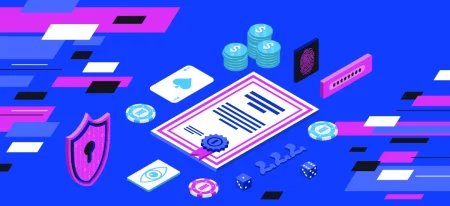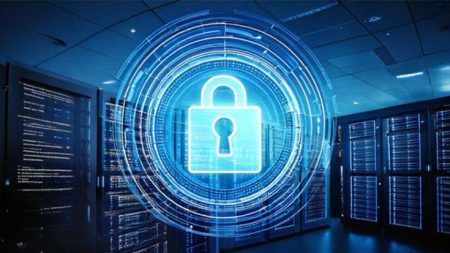In today’s digital world, online gaming has become a major source of entertainment and social connection. However, it’s crucial for players to understand how to stay safe and protect themselves. A secure online gaming experience depends on a combination of reputable topbos77 platforms and smart player practices.
The Role of Online Gaming Platforms
Leading online gaming platforms have a responsibility to create a secure environment for their players. They achieve this through several key measures:
- Licensing and Regulation: A platform that is licensed and regulated by a respected gaming authority (like the Malta Gaming Authority) is a sign of trustworthiness. These licenses ensure the platform adheres to strict standards for fair play, data protection, and responsible gaming.
- Data Protection and Encryption: Top platforms use advanced security technologies, such as SSL/TLS encryption, to protect players’ personal and financial information. This encryption safeguards data during transmission, making it unreadable to unauthorized parties. Additionally, platforms have strict data retention policies and use firewalls to prevent unauthorized access to their networks.
- Fair Play: To guarantee fairness, reputable platforms use a Random Number Generator (RNG) for all games of chance. This ensures that every outcome is completely random and unbiased. These RNGs are regularly tested and certified by independent third-party organizations.
- Secure Payment Methods: Secure platforms offer a variety of trusted payment options. It’s often recommended to use a credit card or e-wallet, which typically provide more fraud protection than a debit card.
Your Role as a Player: Smart Practices
While a platform’s security is vital, players also have a crucial role to play in protecting themselves.
- Secure Your Accounts: Always use a strong, unique password for each of your gaming accounts. A strong password should be at least 12 characters long and include a mix of letters, numbers, and symbols. Wherever possible, enable multi-factor authentication (MFA), which adds an extra layer of security by requiring a second form of verification to log in.
- Protect Your Personal Information: Be cautious about what you share online. Never use personal details like your real name, birthday, or address in your username or profile. Avoid sharing any sensitive information in chats or with other players.
- Be Wary of Scams: Be aware of common scams like phishing. This often involves a cybercriminal trying to trick you into clicking a malicious link or downloading a file that contains malware. Be skeptical of “too good to be true” offers, and only download games or software from official, trusted sources.
- Keep Software Updated: Regularly update your gaming software, devices, and operating systems. These updates often contain critical security patches that fix vulnerabilities that hackers could exploit. Enabling automatic updates is a good way to ensure you’re always protected.










